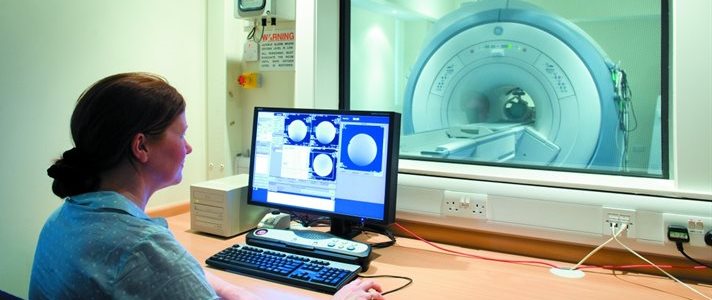
ARMADA: A realist inquiry into maternity care at a distance
This projects aims to help to decide when, how and for whom non-face to face contacts can safely be used in maternity care.
Duration: February 2022 to August 2023
Funder: NIHR Health Services and Delivery Research Programme
Partners:
University of Nottingham
CHILL investigators:
Professor Stephen Timmons
Research summary
Background:
There are lots of changes going on in maternity care services in England to make them safer, kinder, more person-centred and more family friendly. One area of change is around digital technology and how it can be used to improve care.
During the Covid-19 pandemic, many maternity services shifted their appointments and contacts from face to face to non-face to face by using digital technology such as telephone calls, text messages or video calls. These remote maternity contacts include antenatal and postnatal appointments and visits, calls during labour and any aspect of maternity care or services that is not provided face to face.
Remote contacts can have advantages and disadvantages – depending on women’s needs, situation, stage of pregnancy and how easy the technology is to use. In addition, it is important that services are accessible to everyone, including people from ethnic minority groups and disadvantaged groups.
Maternity services are now considering whether and how to continue using digital technology for maternity contacts. It is vital that future services are based on a good understanding of women’s and health professionals’ experiences of remotely delivered care.
Who is doing the research?
The research team includes an experienced group of midwives, service users, doctors and researchers. In addition, the project will involve, and be guided by, two expert stakeholder groups. One stakeholder group has representatives from community organisations, service users and public involvement networks that represent a very wide range of women with different needs and experiences. The other stakeholder group will represent a range of NHS maternity staff. The research team will also be guided by a Project Advisory Group (made up of senior maternity staff, commissioners and policy makers).
What will the study involve?
The project will take 18 months. We will find and analyse all research studies on remotely delivered maternity care. We will also get ideas and insights from the two expert stakeholder groups. We will identify, test and refine theories that may explain when, how and for whom non face to face contacts should best be used. If we cannot find all the evidence we need to fully understand a theory, we may also interview a small number of women and health professionals to get a better picture. We will use the information from these different sources to create a framework for best practice to guide maternity services for all families.
How will the research findings make a difference?
The project will provide important guidance on how best to use non-face to face contacts in maternity care. It will also identify any areas that need more research and will show where healthcare professionals need further training. We will share our findings widely with those who provide and use maternity services.
We will do this using social media, infographics, webinars, conferences, best practice guides and papers in journals for practitioners and researchers. We will also use the project findings to create an e-learning resource for health professionals.



